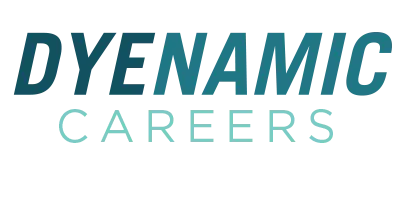
OOPS! MY BAD!

Here's the 411 on this 404 error page...
My main thrill in life is makeovers... Usually I makeover someone's career.
But this time, I'm making over my website. ✨
It looks like you've clicked a link hasn't been migrated yet.
I know you must be totally buggin' to not get what you're looking for...
If you need immediate help, drop me a note to [email protected].
Be seeing you... I hope not sporadically.
-Michele
P.S. -- If you don't get any of these '90s references, then you'll want to watch this. Thank me later 😉.

Helping Women Earn More Without Burning Out
Speed up your job search with the right strategy in place... even in this sucky market. This ebook is filled with the exact strategies I use to get my clients hired for their highest salary ever. ⬇️
Get Support
Coaching & Mentoring
Workshops
Join Our Community
Blog
Podcast
About Us
Meet the Founder
Speaker Request
Resources
Submit a Blog
Contact Us
Follow Us
Legal
Privacy Policy
Terms & Conditions
Disclaimer